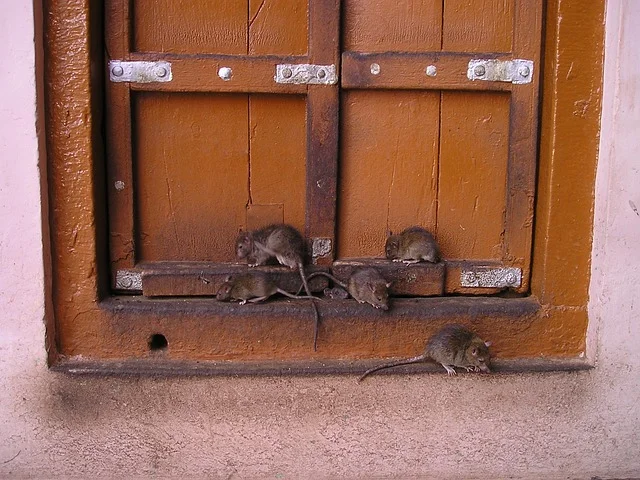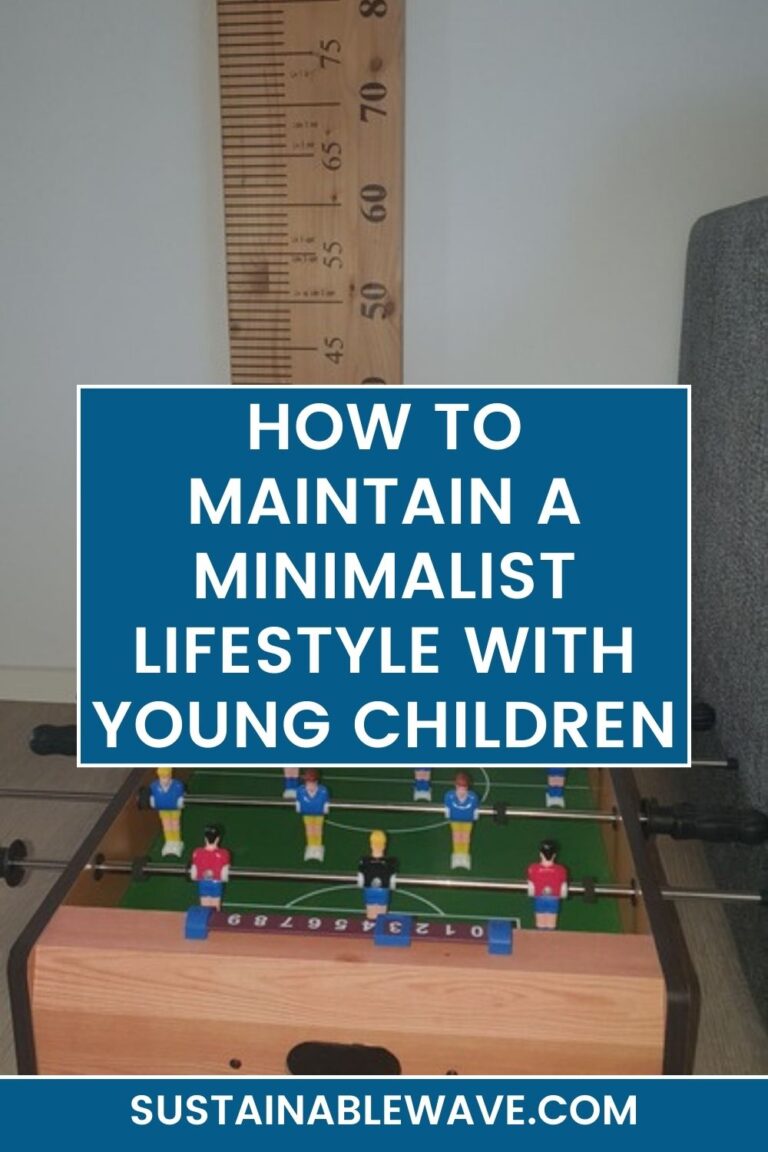While humans are still figuring out whether a male contraceptive pill can be developed, the solution may already have been found in the world of rats.
Researchers from the University of Copenhagen have managed to produce a contraceptive that has the same effect as a pill. Specifically, it’s a sweet liquid that can decrease the fertility of female rats and reduce the sperm quality of males to such an extent that they cannot reproduce for a period.
This could potentially be the solution for future rat control, where currently a very toxic substance is used that causes rats to bleed to death – and which also takes a long time to degrade in the environment.
The new solution is not entirely new, but the production of the so-called Triptolid is, and perhaps even more importantly, cheaper.
Moreover, the solution is both more environmentally friendly and more humane because it doesn’t kill the rats.
“I often joke that this product is ‘woke’ – it’s sustainable, animal-friendly, and even champions gender equality, because the male rats are also targeted by this rat contraceptive. They become infertile for about a month after consuming it, which dramatically reduces the rat population,” says Johan Andersen-Ranberg from the Department of Plant and Environmental Sciences in a press release.
Plant-Based Future

The most used rat poison in Denmark is anticoagulants, which are extremely harmful to the environment, in part because birds can consume them in lethal doses if, for example, they eat a poisoned dead rat.
The researchers’ new breakthrough, which incidentally stemmed from a fortuitous side experiment where yeast cells were made to produce Triptolid, is also distinctly modern as it’s plant-based.
It’s the ‘Thunder God Vine’, a rare and very expensive plant from China, that’s the key to this solution.
“This solution could be permanent, maintaining rat populations at a consistently low level without inadvertently harming the environment”
Johan Andersen-Ranberg
Before rat control using this new method can be fully implemented in Denmark, it has to be approved in the EU. The first step for the researchers is to market it in the USA, where rat contraception is already in use. According to Johan Andersen-Ranberg, we should expect that to take another five years.
I’m Thomas, the owner of SustainableWave. Passionately promoting a sustainable planet. With experience in various eco-roles, I’ll share green tips, sustainability hacks, and personal eco-journeys on my blog.






